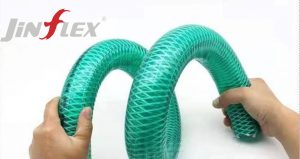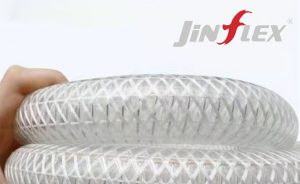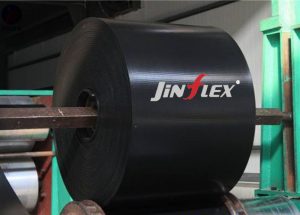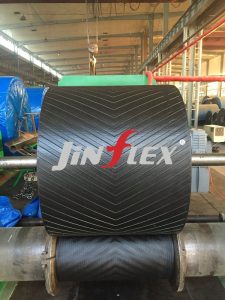In industrial production and daily life, oil pipes are important channels for liquid transmission, and their performance and quality are directly related to our production efficiency and safety. Today, let us enter the world of fiber tubing and explore its mysteries.

Fiber tubing, as the name suggests, is a tubing reinforced with fiber materials. This kind of oil pipe not only has the basic functions of traditional oil pipes, but also has significant improvements in strength, wear resistance and corrosion resistance. Its unique fiber braided structure allows the oil pipe to maintain stable performance even when it is impacted by high pressure and large flow of liquid.
In terms of material selection, fiber tubing usually uses high-strength, high-modulus fiber materials, such as nylon, polyester, etc. These materials not only have excellent mechanical properties, but also have good chemical stability and corrosion resistance, and can effectively resist the erosion of various chemical substances.
In practical applications, fiber tubing is widely used in petroleum, chemical industry, automobile, aviation and other fields due to its excellent performance. Whether it is high temperature, high pressure or corrosive environment, fiber oil pipe can demonstrate its excellent performance and stability.
It is worth mentioning that fiber oil pipes are also very convenient to clean and maintain. Because its inner wall is smooth and not easy to scale, only regular simple cleaning and maintenance can ensure its long-term stable operation.

To sum up, fiber tubing plays an increasingly important role in industrial production due to its unique structure and excellent performance. With the advancement of science and technology and the development of technology, I believe that fiber tubing will bring us more convenience and surprises.


